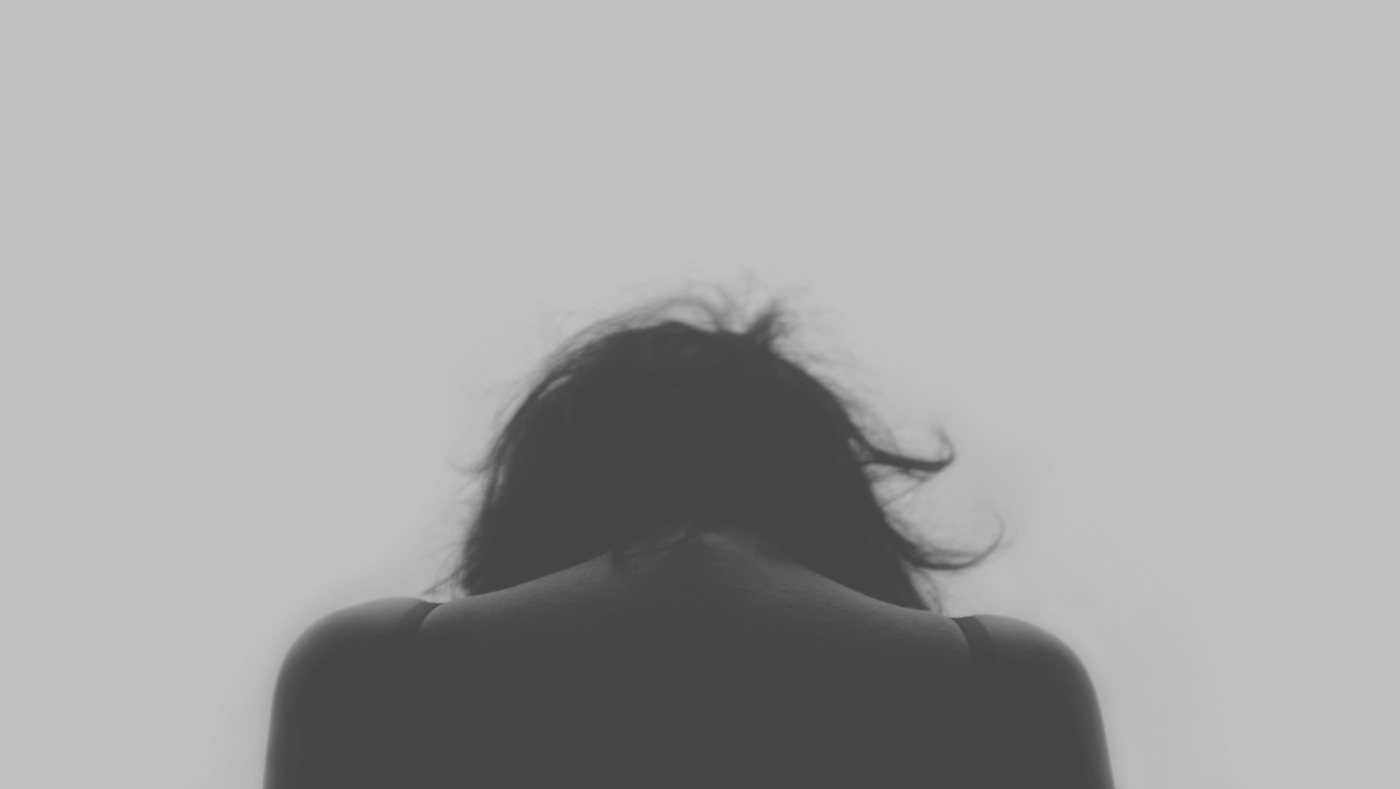Mental health isn’t a fashion trend: Vogue Portugal and ‘The Madness Issue’
Over the years, international fashion and lifestyle publication Vogue has been subject to a barrage of criticism for its choice of cover images. Each month, the choice of cover image and models that will star on the front of the edition are highly anticipated. It goes without saying that the magazine has had a diversity issue and featured very few black models and photographers on its cover in publications from around the world in the past few decades. Producing 23 international editions worldwide, it’s unsurprising that over the years the magazine has amassed its fair share of controversy.
One of the most controversial covers ever featured on Vogue involves one of the 2012 editions of Vogue Hommes International – the French bi-annual menswear magazine. The cover saw the model Marlon Teizeira with his hands around the neck of supermodel Stephanie Seymour and was heavily criticised for romanticising violence and domestic abuse.
If that wasn’t enough to shock readers, the edition was called ‘The Madness Issue’
In 2008, the April cover of American Vogue came under a similar amount of scrutiny after featuring basketball superstar Lebron James holding model Gisele Bundchen in what appeared to be a homage to the King Kong film franchise, with many questioning the racial stereotypes and connotations that came with the imagery.
The most recent cover to hit the headlines is the July/August edition of Vogue Portugal. In what can only be described as a scene from a mental health institution in the 20th century or an episode of American Horror Story: Asylum, the cover features a young, naked model who is clearly in a state of mental disarray, sitting in a bath while two female nurses wash her. If that wasn’t enough to shock readers, the edition was called ‘The Madness Issue’.
Vogue Portugal defended the cover by claiming that it was created to “start a discussion” as it “explores the historical context of mental health and is designed to reflect real life.”
I can see why creatives and designers would be interested in exploring the historical dimensions of mental health treatment, particularly when mental health is at the forefront of society right now as the pandemic takes its toll on all of us.
However, the image feels distasteful. The dark history that many countries around the world have in terms of mental health and the treatment of mental illness is absolutely abhorrent and there are people alive today who may have suffered at the hands of backwards treatment centres and outdated practices.
Katerina Alexandraki, a clinical psychologist from London, asserted that “for those with experience of the psychiatric system, seeing a fashion magazine cover presenting a woman in such a vulnerable state can be a reminder of a very challenging time in their lives.”
It also romanticises institutionalisation and mental health as something dark and glamorous
The cover is insensitive and could be triggering for those suffering from mental health problems. Regardless of what features inside the issue, the image should have been handled better.
This is made more problematic when we consider the connotations of powerlessness and abuse that can often come with mental health issues. Being vulnerable and subject to institutionalisation can mean that people take advantage of women in certain situations as Alexandraki corroborates that “there are hundreds of stories of abuse where women are at their most vulnerable.”
Vogue Portugal should have consulted psychologists and mental health specialists as for many people struggling with mental health concerns right now, this image is harmful. It shows passivity and suggests that there is no evidence of hope. It also romanticises institutionalisation and mental health as something dark and glamorous.
This image glamorises what is a much darker history of mental health treatment
We’re at a dangerous point right now with the amount of discussion happening online surrounding mental health that it could become something seen as “fashionable” and “trendy”. Magazine covers like this, particularly from well-established fashion magazines that appeal to people of all ages, only play into the “fashionable” nature of mental health. This image glamorises what is a much darker history of mental health treatment.
If Vogue truly wanted to start a conversation surrounding the way that mental health has been discussed and treated over the years, there are other ways than featuring a triggering image on the front cover. When so many people’s mental health is at rock bottom right now, this cover is unnecessary and damaging.

Comments